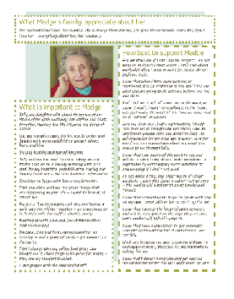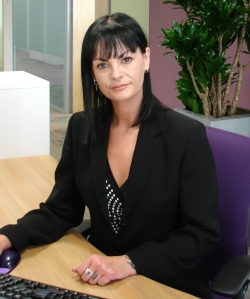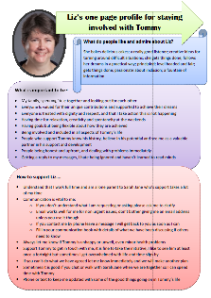Written by guest blogger Cathy Higgins, Head teacher at Oxley Park Academy
I’ve always found it strange when people talk about a child reaching their full potential. What is their full potential and who exactly decided it? It strikes me that by identifying this invisible finishing line and then pushing a child right up to it and nothing more, we are seriously underestimating what is possible.
I’ve worked in education for 30 years and have been Head Teacher three times. In 2005 I was appointed to Oxley Park Academy before it had even been built and was fortunate enough to take Headship at a time when I could influence its shape from the bottom up; quite literally – I was on site with a hard hat helping design something wonderful for our community!
When we opened in October that year, we had 100 pupils. We now have 550 and a waiting list but our size isn’t the only thing that has changed. In July 2011 we converted to academy status. We are still a state school but rather than taking direction from our local authority, we are funded centrally which means we have the freedom to develop the curriculum and to allocate money to the areas that we know supports our pupils, staff and community best. In short, it has allowed us to be more person-centred and using one-page profiles with all 550 of our pupils is one of the ways that we do this.
In September 2011 we employed two people to drive forward our approach to personalisation. We don’t have Special Educational Needs teachers here at the school because we see every child as having individual requirements and we firmly believe that by adopting person-centred practices within our school’s culture, we can support and teach each child well.
One-page profiles celebrate the individual gifts and talents of our pupils. They also capture the essential information about what is important to and for each child and it is this that enables us to support and encourage them far beyond any pre-determined potential. The profiles are stored in each classroom and electronically. They are added to continuously and redeveloped in full as pupils move to the next year group. Being able to dedicate time and resource into embedding these types of person-centred thinking practices into our school’s culture has been one of the most powerful outcomes of our academy status. The benefits for our pupils, teachers, parents and community (after all – each and every empowered child will be taking these values with them for the rest of their life) as a whole are magnificent.
Here are the four main benefits we have experienced by using one-page profiles:
1) Better Understanding: To be truly person-centred we have to treat every child as unique, special and with unquantifiable potential. One-page profiles encourage pupils to think about what is important to them and empowers them to tell us how we can support them best. The ‘what people like and admire about me’ section is exclusive to each child and encourages us (parents, teachers and classmates) to celebrate their individual skills and gifts.
2) Better relationships: Children can often act differently at home and at school and by bringing parents and teachers together through a child’s one-page profile we can improve our understanding of them and support them better. The pupils themselves have learnt to celebrate their individuality and support each other, forming better and more positive working relationships with their peers and teachers.
3) Good education: We believe every child has the right to a good education. A one-page profile highlights how we can support a child to learn well. It might lead us to use special equipment to aid with maths or communication or it might be as simple as encouraging them to ask questions or ensuring they have somewhere quiet to sit and concentrate. Whatever the profile identifies we are able to respond.
4) Reflection: Both pupils and teachers have reflection time at Oxley Park Academy. We see this as vital for learning and progression as well as good mental health and wellbeing. The profiles helped us to identify the need for this time (highlighted as something that is important) but they are also a tool that we reflect upon.





